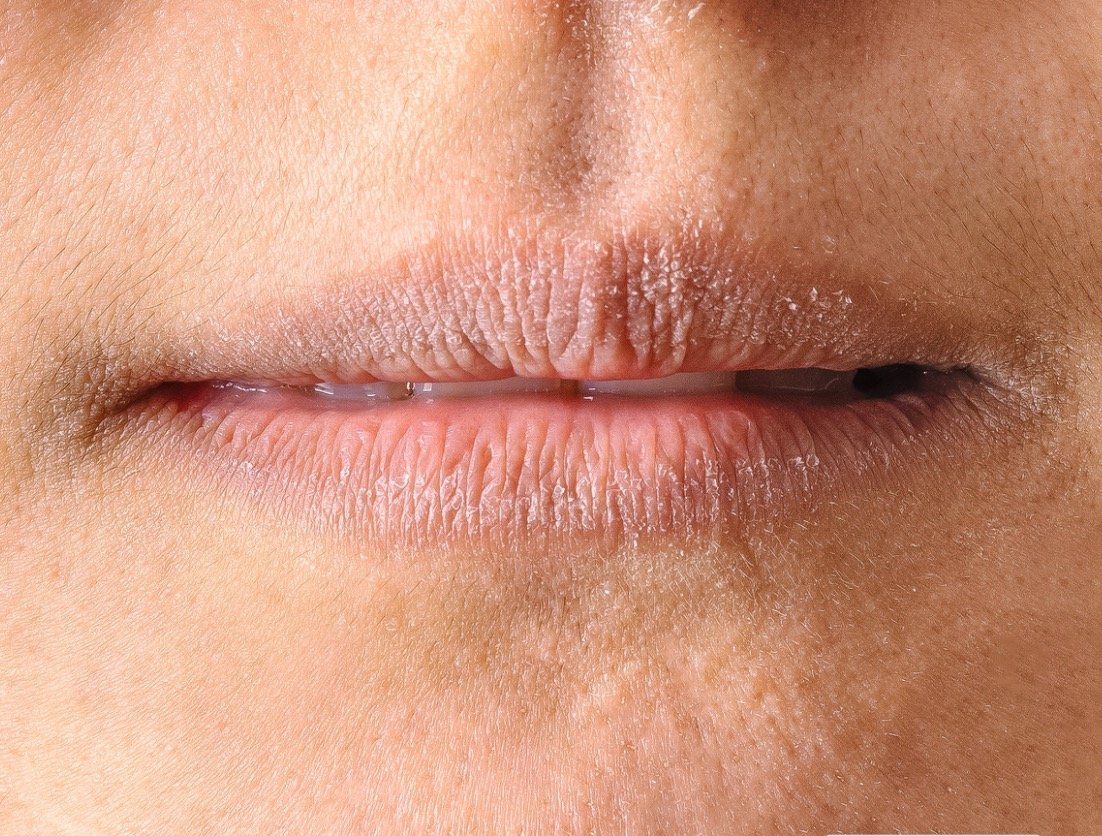Lip Licker's Eczema (Dermatitis)
What is lip licker’s eczema?
Lip licker’s eczema happens when frequent lip licking irritates the skin around the mouth. When lips are dry or chapped (see Dry Lips), many people—especially kids and teens—lick them without realizing it. But saliva has enzymes meant to digest food and fight germs, and when left on the skin, those same enzymes break down and irritate the skin. The result is red, cracked, sore skin around the lips that keeps getting worse the more you lick.
How do I fix lip licker’s eczema?
To heal lip licker’s eczema, you need to treat both the habit and the skin.
Avoid licking your lips—saliva is what’s irritating the skin. Whenever you feel the urge to lick, put on Vaseline or Aquaphor instead.
Apply a thick layer of Vaseline or Aquaphor many times a day, and especially a heavy coat before bed to protect your skin overnight.
For extra help, use an over-the-counter hydrocortisone 1% ointment a few times a day on the lips and surrounding red, dry skin. Convenient lip balms with hydrocortisone, like FixMySkin or Dr. Dan’s, can make this easier.
What if my (or my child’s) lip licker’s eczema isn’t getting better?
Most cases of lip licker’s eczema improve with the steps above. If you notice painful cracks at the corners of the mouth, this may be perleche (see Perleche page). Sometimes the issue is sensitive skin or an allergy to products touching the lips. If over-the-counter treatments aren’t enough, stronger prescription creams may be needed. A board-certified dermatologist can help. If you are in or near Utah, see one of my excellent colleagues at the University of Utah or me virtually with Honeydew.
DISCLAIMER
The statements expressed and content of this website are not intended to be a substitute for professional medical advice. Readers should seek their own professional counsel for any medical condition or before starting or altering any treatment, exercise, or dietary plan. Please see our full disclaimer here.

